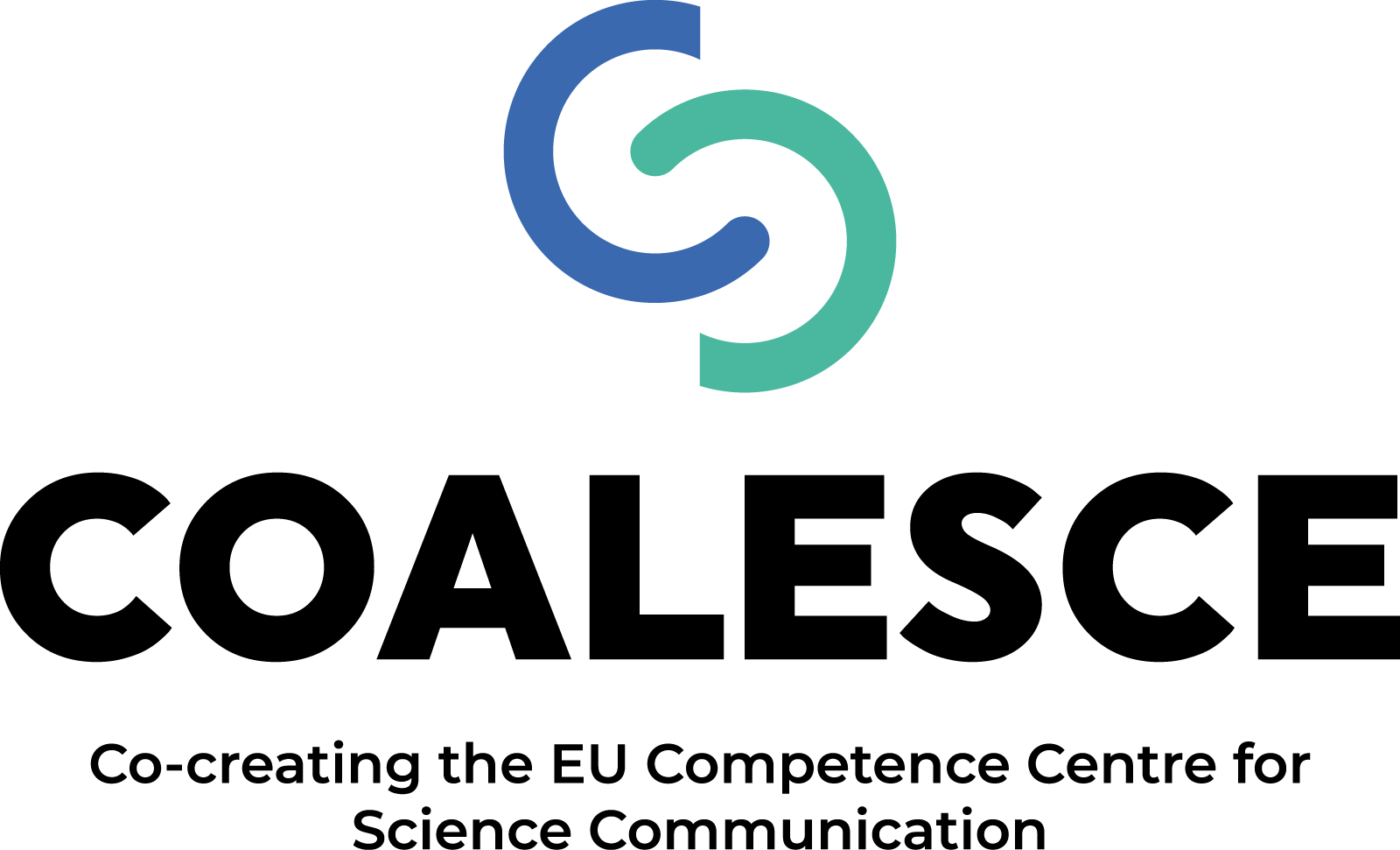Empowering journalists in crisis communication
This session of the launch of the European Competence Centre for Science Communication’s virtual platform highlighted tools and strategies to support journalists covering scientific subjects during crises. Charlotte Bruns from Erasmus University Rotterdam introduced the Crisis Navigator, an interactive tool that was co-designed by crisis- and risk-communication experts, researchers, artists and designers to support the rapid mobilisation of science communication in times of crisis. While the first version targets science communicators, it’s also useful for journalists, with a version made especially for them coming soon.
Elisabetta Tola from Formicablu discussed a good-practice guide for journalists during crises. This guide supports journalists who don’t specialise in science and who – working under tight deadlines – must balance speed and accuracy. It addresses reporting under uncertainty, pre-crisis preparedness, framing and sensemaking during crises, and post-crisis reflection.
In her keynote, Daniela Ovadia from CESJ and the University of Pavia introduced the FRONTIERS project. This is a science-journalism initiative funded by the European Research Council to design a residency programme that would allow journalists to immerse themselves in research institutions, enhancing their ability to report accurate scientific information. The first call selected seven journalists, with plans for 40 fellowships by 2027.
Georgios Papanagnou from the European Commission closed the session, discussing the role of science communication in building trust and engaging multiple stakeholders to tackle societal challenges. Surveys show people trust scientists more than journalists or politicians and are keen on public engagement in research. However, scientists face barriers like lack of incentives, time and skills. According to Papanagnou, the European Commission supports projects like COALESCE to bridge these gaps, fostering collaboration among journalists, science communicators, researchers, civil society and policymakers to open up science to society.
– Aleks Peliushkevich, UWE Bristol


